Hi Nexus:
You have clearly explained your objection to the word Slav. I am not one of those who have ever thought of the word "Slav" being a pejorative term, nor do I immediately recall hearing it being used in a particularly negative way. My use of the word is to denote a multi-national and widely-difused European people.
Personally, what I think of first when I hear the word "Slav" is the monumental and almost incredible heroism of the Russian people against the Nazis in (the then) Stalingrad and (the then) Leningrad.
I have no agenda in this matter. However, I want to be a polite guest, and now that I am aware of your sensibilities I will try to refrain from using it. We agree that it is acceptable in reference to the language and there might be historical references that might make it unavoidable no matter how hard I try. I hope that you will accept that I have never used it here in a condescending or pejorative way.
Do the Serbs, the Bulgarians, the Montenegrins and others also feel the same way about the word?
You have clearly explained your objection to the word Slav. I am not one of those who have ever thought of the word "Slav" being a pejorative term, nor do I immediately recall hearing it being used in a particularly negative way. My use of the word is to denote a multi-national and widely-difused European people.
Personally, what I think of first when I hear the word "Slav" is the monumental and almost incredible heroism of the Russian people against the Nazis in (the then) Stalingrad and (the then) Leningrad.
I have no agenda in this matter. However, I want to be a polite guest, and now that I am aware of your sensibilities I will try to refrain from using it. We agree that it is acceptable in reference to the language and there might be historical references that might make it unavoidable no matter how hard I try. I hope that you will accept that I have never used it here in a condescending or pejorative way.
Do the Serbs, the Bulgarians, the Montenegrins and others also feel the same way about the word?



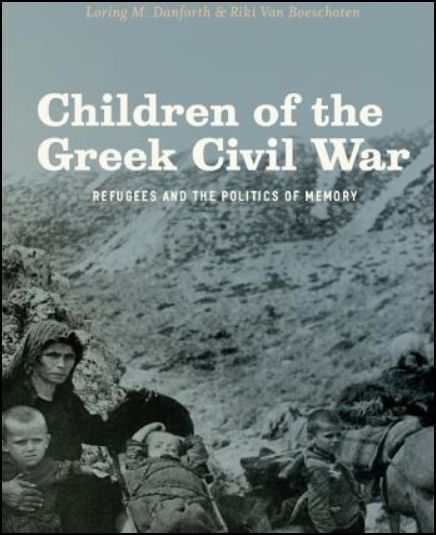
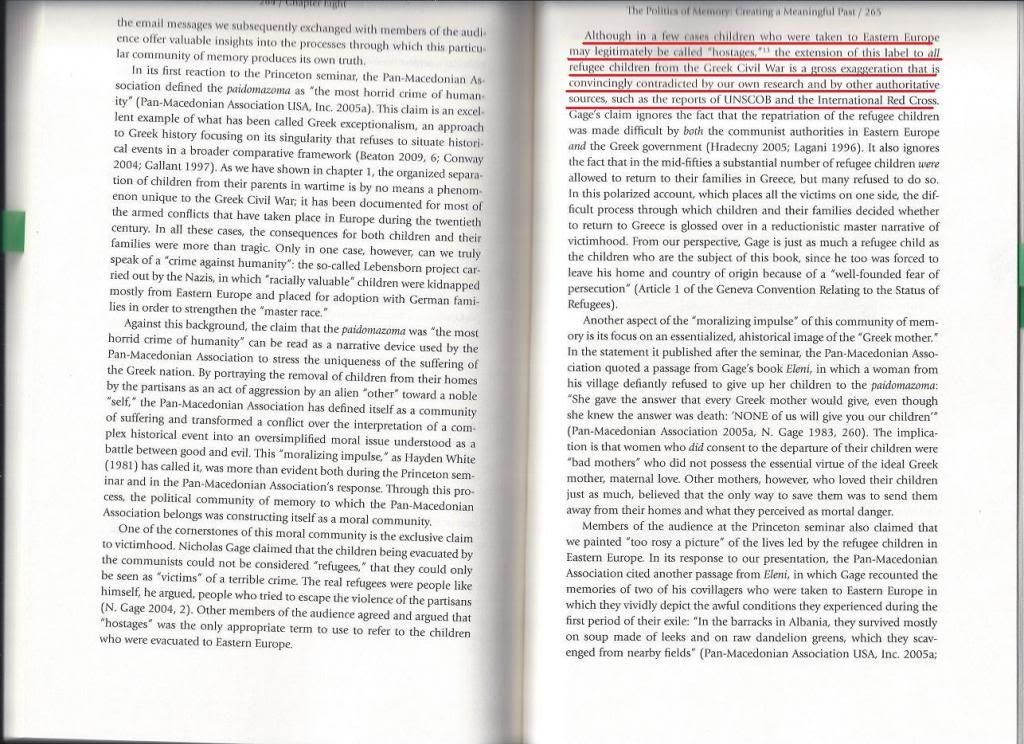
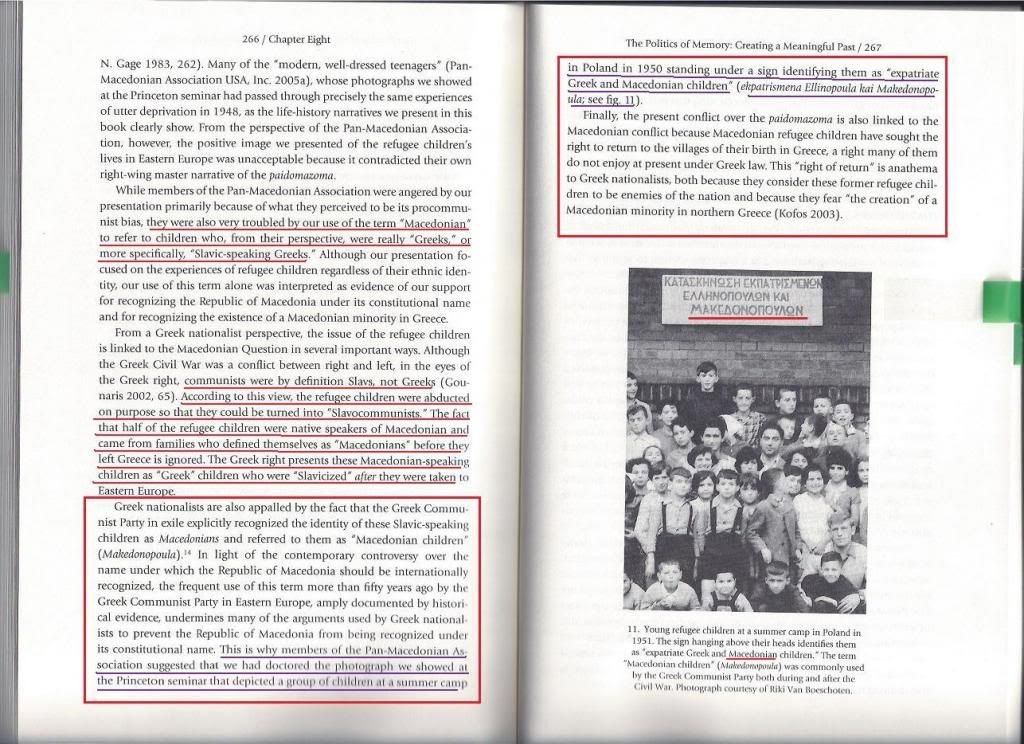

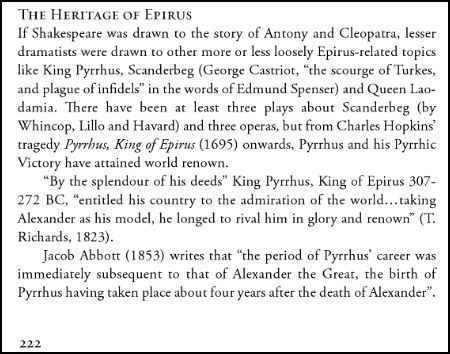
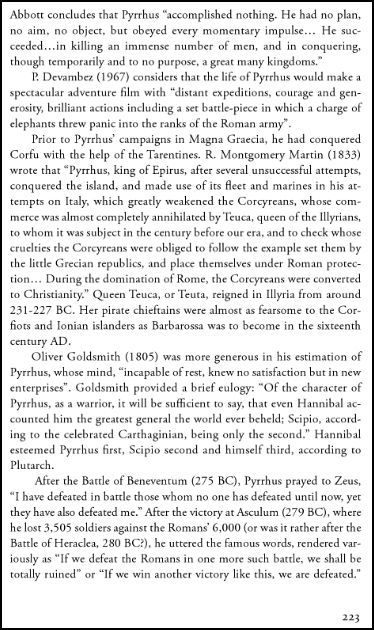
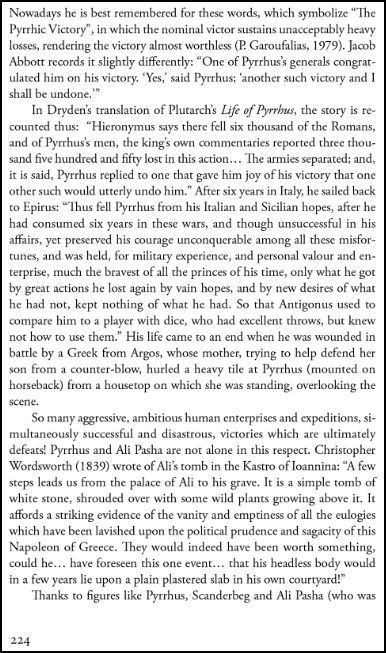
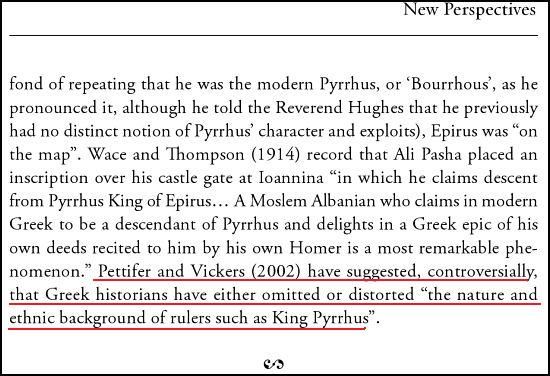


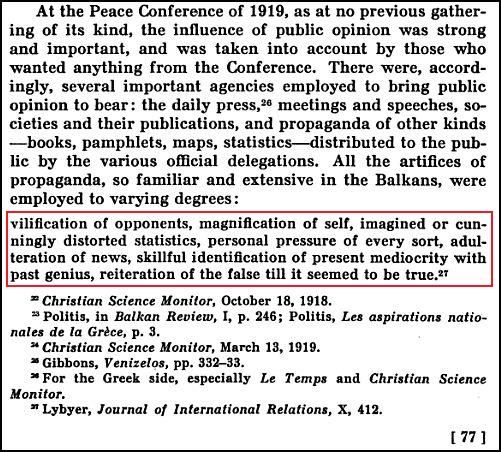
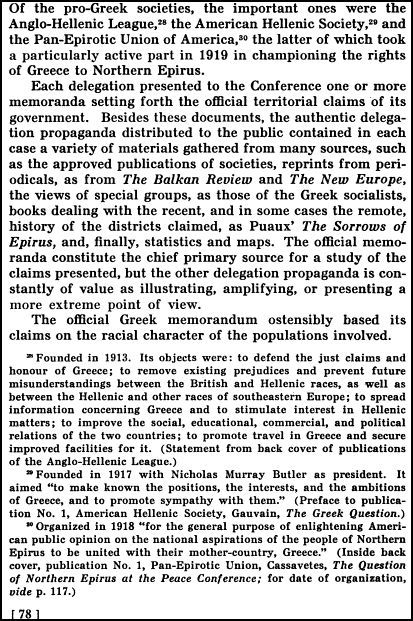
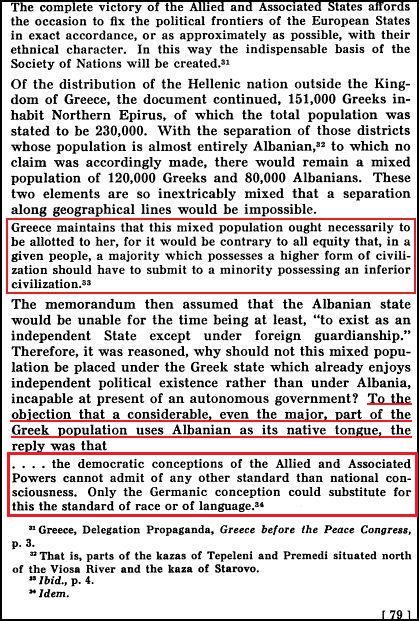
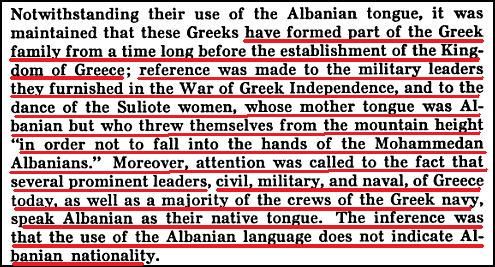

Comment